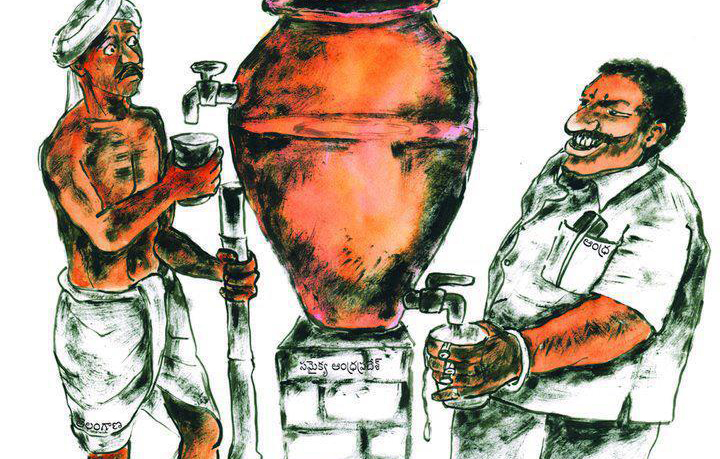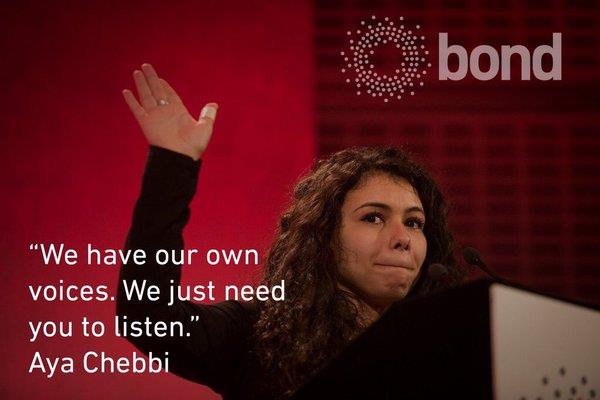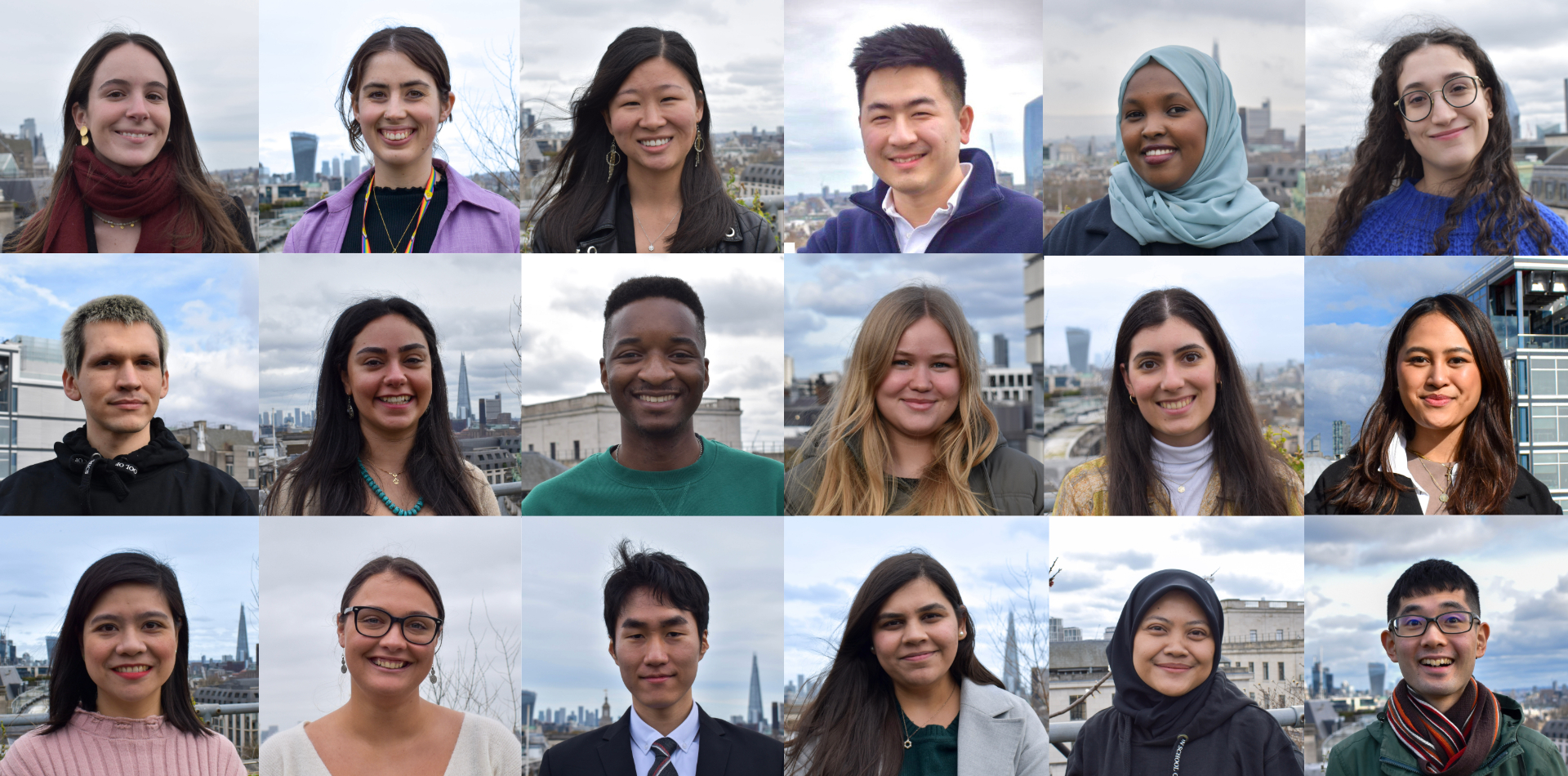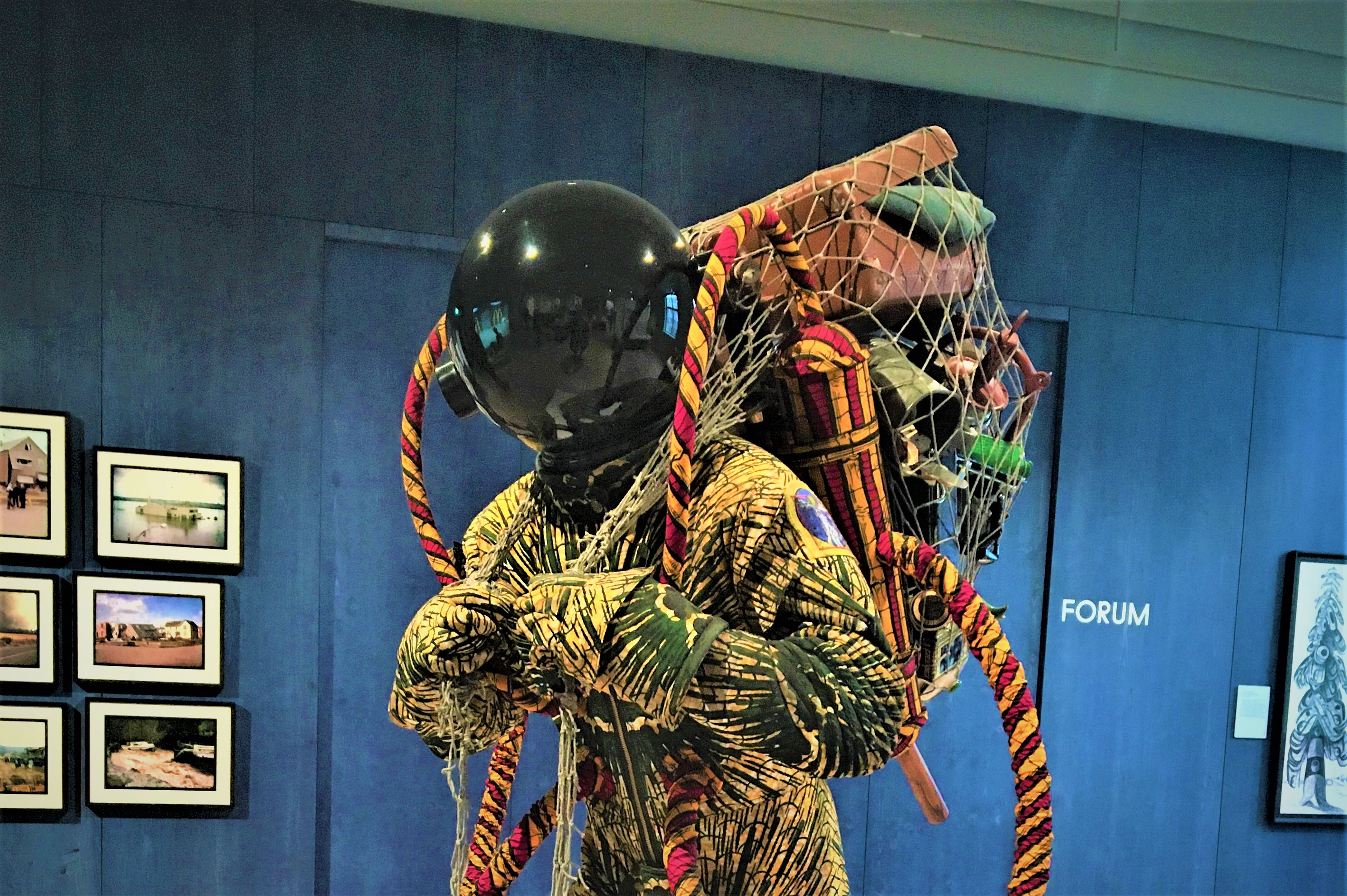On Friday 14 October, Ha-Joon Chang gave the first lecture of the Cutting-Edge Issues in Development series 2022 on “Economics vs Science Fiction – what can each learn from the other?”. Dr. Ha-Joon Chang is Professor of Economics at SOAS University of London. He has authored or edited books more than 25 books including Kicking Away the Ladder and 23 Things They Don’t Tell You About Capitalism. Read MSc student Arantza Rodríguez Fragoso’s reflection on the lecture and below.
You can also watch the lecture back on YouTube or listen to it as a podcast.
Ha-Joon Chang is known for trying to explain to us mortals how economics works and how we can question the dominant theories and institutions that we take for granted. This time, through a recapitulation of some of the masterpieces of science fictions, he spoke about the implications of assuming that the economy develops, like physics or chemistry, on the basis of natural laws. Furthermore, he invited us to reflect on the power of imagining futures beyond the limits of the economic and social institutions we know today.
Professor Chang began his lecture by establishing the common ground between neoclassical economics and science fiction, where the former, he explains, has turned into the latter. This involuntary transition can be attributed, first, to the belief of neoclassical economists that their field is based on “laws of steel” where markets are natural and impersonal and free of any ethical or political influence. This approach would imply that knowledge is objective and verifiable, which would elevate economics once and for all to the status of “science”. Secondly, it can be attributed to the tendency of believing that, given the right incentive, people will come up with a solution for any economic problem they face, and that this solution will be achieved through technological and scientific advances. Thus, he argues both misleadingly use the term “science” and attempt to set natural sciences and technology as the main guideline for their work.
To take for granted that the economic order is based on iron laws is harder to believe than the fact that, at some point, we could find ourselves in a scenario like the one in The Matrix. This is because, throughout history, we have seen how the functioning of markets was strongly influenced by social factors of that time, making it a political and even an ethical construct. To illustrate this, we revisited the example presented by Professor Chang in his book 21 Things They Don´t Tell You about Capitalism of child labour during the industrial revolution. At that time, the idea of what was important for children underwent a change: the priority shifted from working, to having a dignified childhood, access to education and playtime. Therefore, in addition to the new skills needed to operate machines, child labour became a problem and regulations were passed on this matter. Even though today it would be absurd to accept that children below nine years old can work up to 12 hours a day, in the late 1800s regulating against child labour was a radical move. It is precisely by recalling these once unimaginable changes in markets and institutions that we realise how the social and economic order is shaped by much more than technology and science.
Like people in the late 1800s, our goals and expectations for the future are largely defined by the technologies and institutions we have. When it comes to the past, history allows us to imagine different realities that seem as distant to us as countries with technologies or ways of living that differ starkly from our own. We are reminded of L. P. Hartley’s immortal line, “The past is a foreign country: they do things differently there”. However, when it comes to the future, we are constrained by what is feasible today in the above-mentioned sectors. It is in this context that Professor Chang suggests that we, and economists especially, should be a little more open to reaching out to works of science fiction, as they have often explored how the economic and social order could change in “unnatural” ways.
What I think we can take away from this lecture is that economic realities are not an outcome of an “iron law”; they exist as a result of variables such as institutions, technology, politics and individual agency. Thus, it is important that we do not assume their permanence. In this sense, Professor Chang’s closing sentence takes on special meaning: “science fiction, history, and comparative studies […] allow us to see that the existing economic and social orders can be changed, have been changed and, most importantly, that they have been changed in the way they have only because some people dared to imagine a different world and fought for it.”
The next guest lecture in the Cutting-Edge Issues in Development series will be with Rafeef Ziadah on Friday 21 October on “Working Palestine: COVID-19, labour and de-development in Palestine”. Members of the LSE community can attend in person (contact d.patel20@lse.ac.uk for details) and the wider public can register to attend via Zoom.
The views expressed in this post are those of the author and do not reflect those of the International Development LSE blog or the London School of Economics and Political Science.
Main image credit: Two covers of Science Fiction Plus magazine from 1953 via Gernsback Publications / Frank R. Paul on Wikimedia Commons.





